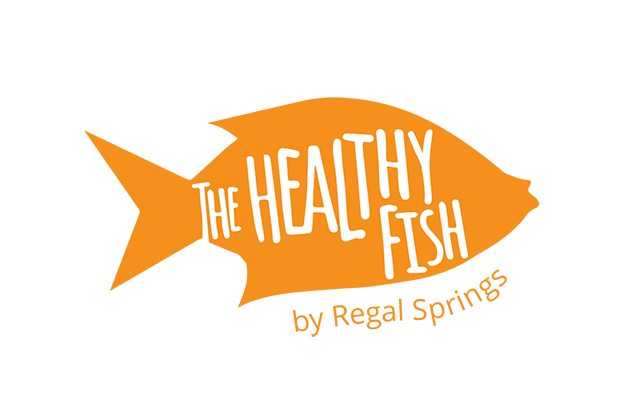At the end of every year, so many of us decide to take on a New Year’s resolution that, in some manner, promotes weight loss. While good intentions are there, this goal is usually doomed to fail as we invariably begin the year with our eye solidly on the prize, but find our motivation slowly dwindling over the first few months of the year.
It’s said that it takes at least two months to form a new habit. New routines are much more likely to stick when you’ve anticipated every obstacle, considered your motives, made concrete goals and approached them realistically. Rather than trying to specifically lower the number you see on the scale, focus on building better, healthier and more sustainable daily habits that benefit your whole health and wellness.
This year, commit to New Year’s resolutions that meld seamlessly into your routine and promote overall improved health!
Stop Eating Takeout

Cooking at home more often, as opposed to regularly ordering takeout, invites a triple whammy of benefits into your life: it’s better for the environment, is almost always the healthier option and can save you money. Being able to control your own ingredients, reduce the use of packaged materials and save a bundle of cash is great on all fronts.
If you know you won’t have the will or ability to cook every day, make it a point to meal prep for a few hours on Sundays.
Exercise Regularly
Beyond aiding in weight maintenance, regular exercise can boost your energy, help you sleep better and safeguard your body against poor health.
The CDC recommends adults strive for at least 150 minutes of moderate-intense exercise per week. If you can’t commit to an exercise routine based on this recommendation, build your own parameters and do the best you can! Whether you work out for 45 minutes twice a week, 30 minutes three times a week or even just shoot for a few 15-20 minute HIIT sessions interspersed into your schedule, it is infinitely more beneficial to do any regular exercise as opposed to none at all.
Eat Less Red Meat

A diet high in saturated fat-heavy red meat is correlated with a higher risk of heart disease and some types of cancers. Consuming more plant-based protein and fish is uber beneficial for health, providing a slew of heart-healthy nutrients, plenty of protein and good fats, so why not resolve to try adopting a pescetarian diet come January 1st?
Get Better Sleep
We all know how miserable you can feel heading off to work or school sleep deprived. Poor sleep sabotages many of our waking functions, from hindering concentration to reducing will power. There’s no better time to regulate your sleep schedule, as sleep helps build immunity against illness—extra helpful in getting you through cold and flu season strong and healthy!
Limit your exposure to screens at least an hour before bedtime, stick to a regular bedtime schedule and make your bedroom dark and cool.
Up Your Intake of Fruits and Vegetables

It nearly goes without saying that fresh produce is bursting with beneficial nutrients, vitamins and antioxidants, and that upping your intake of fruits and vegetables is great for your health.
Fit fresh produce into your meals any way that you can. If you’re notoriously averse to fruits and veggies, make a pact with yourself to try 2–3 new varieties a week until you find something you love, or try using different cooking methods for more palatable fruit and veggie dishes. You won’t believe how seamlessly they may fit into your diet with a little research and experimentation in the kitchen.
Book a Session With a Nutritionist
Consult with a highly-rated nutritionist in your area to go over elements of your diet that may be detracting from your health. Even if you don’t plan on seeing a nutritionist long-term, just one or two sessions can be beneficial. An expert might be able to point out major blind spots in your diet that you aren’t aware of and provide you with useful pointers that fit in with your existing lifestyle, nutritional preferences and habits.
Again, be careful not to take on too many new changes too quickly! A huge factor standing between those who fail and those who succeed in tackling New Year’s resolutions is that too much change too early on can be difficult to maintain, and it therefore becomes too easy to give up. Take baby steps, starting with the simplest ways to improve your overall health, and progress at your own pace to ensure success.
For more tips on how to improve your health and wellbeing this new year, check out How to Feel More Energized Throughout Your Day.
Photo Credits: Undrey / Shutterstock Inc., south_juls / Shutterstock Inc., stockcreations / Shutterstock Inc., Africa Studio / Shutterstock Inc.






